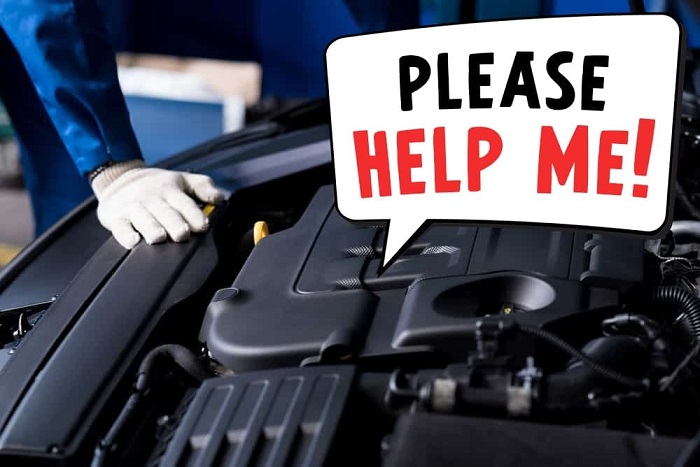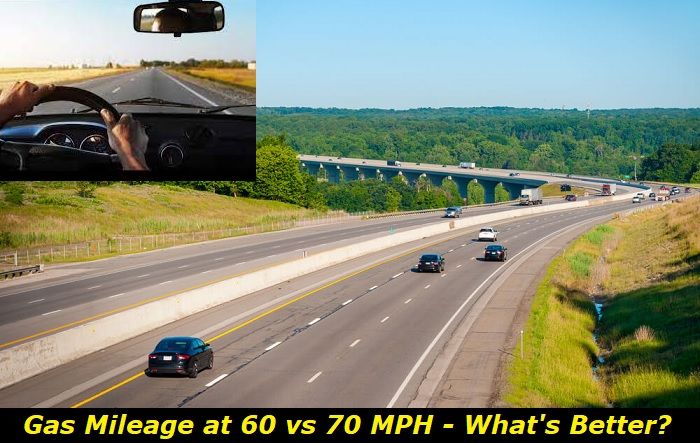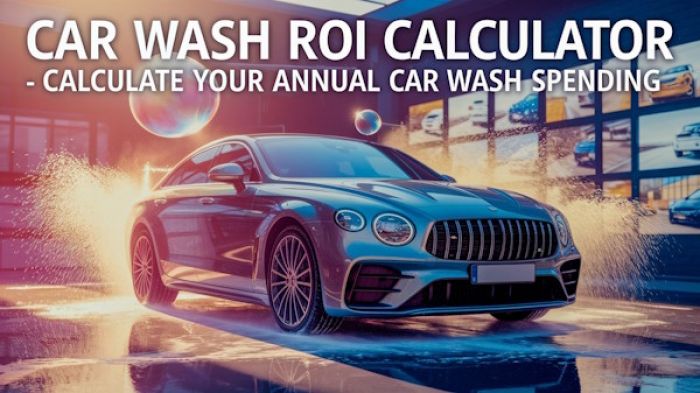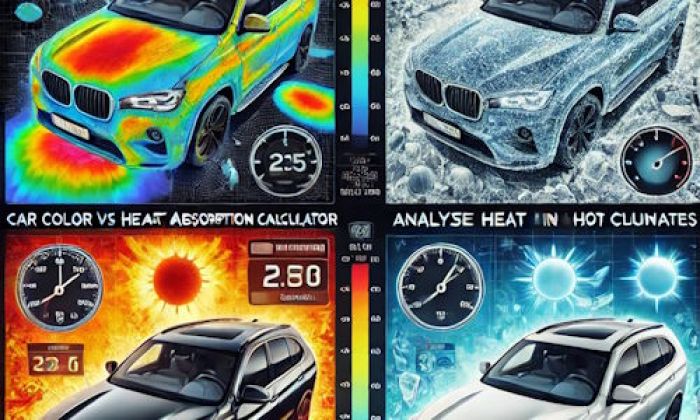
There are quite a few reasons why your car won’t start and one does not need to be an engineer to realize if something is wrong. Even so, some reasons are more common than others, and some of them are also more serious than others.
The engine is clicking but won’t start, a dead battery, a faulty alternator, defective ignition switch. All of these are commonly associated with being unable to start up an engine. Read this article to know how to recognize each one of these, and what to do to solve it.
Common reasons why your engine will not start:
- A depleted battery
- Broken alternator
- Starter engine issues
- An empty fuel tank
- Faulty ignition switch
- Bad timing belt
- Faulty or damaged distributor cap
- Corroded battery
- Malfunctioning fuel pump
A Depleted Battery
If your battery is dead, your car is not going to start. You can either try to jump-start it using jumper cables, or you are simply going to need a brand-new battery. A battery is tasked with providing electrical current to each and every car component, and if the battery dies, your car becomes useless.
To remedy this, make sure to check that the issue is truly due to your battery. Sometimes the alternator is having trouble charging the battery while driving, so even if you do replace your battery, you are not going to solve the issue entirely. Be sure not to leave your lights on overnight as this can easily drain the battery.
Do I Need A New Alternator
As mentioned previously, the battery and the alternator are very closely related. The purpose of the alternator is to charge up the battery while driving which should prolong the battery’s lifespan. However, sometimes the alternator malfunctions and stops charging the battery which completely kills the battery.
Try to use jumper cables to start up the car, and if you do manage to start it up, leave it idling for a while. If your alternator is broken, all of your electrical components should start malfunctioning and losing power. If this is the case, it is just better to take your car to an experienced engineer. It's worth mentioning that a brand new alternator usually costs between $250-$1,000.
Is My Starter Engine Broken
Besides the battery and the alternator, a faulty starter engine is also sometimes associated with not being able to start the car up. If you do hear a clicking sound while trying to start the car up, your starter engine is likely either weak or completely broken.
The starter is a small electric engine connected to the battery which is tasked with setting the engine in motion when you turn the key. After the engine starts up, the starter has successfully managed to do its job. However, if you hear a loud noise and the engine is still off, chances are that your starter engine is broken.
Is My Fuel Tank Empty
Not every issue requires an engineer, and you’d be surprised at how many people don’t realize that they are driving around on an empty gas tank. Besides having an empty tank, other components such as clogged fuel filters are also known to cause these issues.
If a fuel filter is clogged then the gasoline is unable to reach the engine, which means that your engine is not going to start. To proactively solve these issues, make sure you are always driving with a full or near to full gas tank, and that you change your fuel filters every 20,000-30,000 miles.
Is My Ignition Switch Defective
It is rather easy to pinpoint the ignition switch as a culprit for not being able to start the car up. If you are well aware that your battery is fine which means that there are no problems with your electricals and that your fuel tank is adequately full, your ignition switch likely is the one to blame.
If so, you should take your car in for an inspection as most mechanics and engineers are able to recognize these issues in a few moments. However, even if you do need a full ignition switch replacement, you are looking at a $125 to $275 bill on average.
Bad Timing Belt
The purpose of a timing belt is to make sure that the pistons and valves never come in contact with each other. This means that the belt directly operates the valves of the engine and that’s why the belt is one of if not the most important piece of engine componentry.
As such, if your timing belt is not working properly, it can even destroy your engine entirely and make the car unusable. To avoid this from happening, make sure you replace your timing belt according to your manufacturer's recommendations.
Faulty Or Damaged Distributor Cap
A distributor cap is intended to send voltage from the ignition coils on the engine to the spark plug which initiates the ignition process. If this cap is damaged or not operating properly, it means that the voltage from the ignition coil is unable to reach the spark plug.
This is often the case if your cap comes in contact with moisture. Before you reinstall the cap, be sure to properly clean and dry out the designated area, otherwise, issues such as these could become a frequent problem.
Corroded Battery
Whenever your car fails to start up, people are immediately drawn to the battery because the battery is usually the one to blame for many electrical issues. However, before you take out the battery, be sure to investigate if the battery’s terminals are clean and without corrosion because this can often be the culprit for all sorts of problems.
If you do encounter corrosion on the battery, be sure to clean the terminals and connection points safely and thoroughly before you connect them back. In this case, the best course of action would be to visit an auto store and ask the employee if they have any purpose-built battery cleaning solutions.
Malfunctioning Fuel Pump
The fuel pump’s job is to pump fuel into the engine which means that without it, you are unable to kickstart the ignition process. Even if you do manage to turn the car on, but the car suddenly starts to stall, it can also mean that the fuel pump is unable to provide a constant flow of fuel to the engine.
A common symptom of a malfunctioning fuel pump is sputtering which will sound like the car is going to stall. It's better to leave the repair job to a professional because fuel pumps can be notoriously difficult to work with.
FAQ Section
Why Is My Starter Engine Malfunctioning?
There are quite a few reasons as to why your starter engine is unable to do its job. First of all, the starter engine comes in contact with lots of debris and dust, as such, these can sometimes get into the starter engine itself and cause many unwanted consequences.
Your starter engine can also experience loose or faulty connections which are sometimes caused by dirt and debris. Corrosion, age, mileage, and the battery itself can cause your starter to act weirdly. Just take your car in for an inspection as an experienced engineer can replace the starter for $200-$1,000 on average.
How Long Does A Car Battery Last, And How Much Does It Cost?
Most manufacturers expect a car battery to last at least 2-3 years. However, this can vary greatly as it depends on many other car components such as the alternator. Besides the alternator, the climate, regular car maintenance, and the vehicle type all affect the lifespan of a battery.
A car battery costs between $50-$200, depending on the manufacturer, its application, and the general supply and demand. There are a couple of different types of batteries on the market, so before you go out and buy a new one, make sure you are well aware of which type of battery you need.
How Much Does A New Engine Cost?
Unfortunately, sometimes the engine itself is the reason why a car won't start and the worst-case scenario is that you are going to need an engine rebuild. A typical 4-cylinder engine usually costs around $4,000 to $5,000, and it sometimes makes no sense to replace an engine if the car itself is worth less than that.
If you require a larger engine, the costs are likely to soar even higher. Maybe your car is not even worthy of a new engine, and the best course of action would be to scrap the car entirely. However, if you can source out a decent used engine, maybe this can save your car.
Why Can’t I Start My Vehicle While My Steering Wheel Is Locked?
Whenever you lock your steering wheel, it also locks the ignition switch in the process. This also means that you will not be able to start the car up even though you will not be able to hear the start-up process.
To unlock the steering wheel, you need to wiggle it from side to side while also trying to turn the key inside the ignition switch. If you perform both of these actions simultaneously, it should unlock the steering wheel and let you turn on the car.
About the authors
The CarAraC research team is composed of seasoned auto mechanics and automotive industry professionals, including individuals with advanced degrees and certifications in their field. Our team members boast prestigious credentials, reflecting their extensive knowledge and skills. These qualifications include: IMI: Institute of the Motor Industry, ASE-Certified Master Automobile Technicians; Coventry University, Graduate of MA in Automotive Journalism; Politecnico di Torino, Italy, MS Automotive Engineering; Ss. Cyril and Methodius University in Skopje, Mechanical University in Skopje; TOC Automotive College; DHA Suffa University, Department of Mechanical Engineering






Add comment